This morning I woke up early to attend a 3.5 hour webinar about nonprofit reporting in Ireland, which turned out to be very enlightening and informative. Ireland seems to mirror the UK’s practises closely, and while there are many similarities with U.S. standards and practises, it seems that they are decades behind. I’m having to get accustomed to differences in terminology (apportion instead of allocate, remuneration instead of compensation, etc.) as well as new acronyms such as SORP (statement of recommended practices) and SOFA (statement of financial activities) that sound rather cheeky. Afterwards I emailed the presenter to commend her on the webinar and connect professionally; she responded promptly and suggested we meet for coffee later on this year when restrictions are eased. All in all, the experience was a worthwhile investment of time (not to mention the €80 registration fee).
Later in the afternoon I’m determined to get out for a quick walk despite the rainy and very windy weather, since I haven’t been out of the apartment for a couple of days. I’m rewarded with a rainbow over St. Patrick’s Cathedral Park and some blue sky.
On the north side of the bridge on Capel Street is Panti Bar, one of the prominent gay bars in Dublin (I actually haven’t been to it):
When I get back to my building, I check my mailbox and find an envelope from An Post (the Irish postal service) addressed to “The Occupier.” It turns out to be a notice concerning the mandatory TV license requirement in Ireland. Apparently there is not an active license on file for my apartment in their database, and by law it is my responsibility as the occupier of the residence to obtain a license at a cost of €160 per year.
I’ve been vaguely aware about the existence of the TV license requirement in Ireland, but up until now I’ve never paid it any serious attention. Thankfully, there are plenty of official and non-official websites (including my good friend Wikipedia) that explain what seems to me to be yet another curious and archaic aspect of life in Ireland.
The TV license requirement in Ireland dates back to 1962; at one point there was even a license requirement for radios but that was retired long ago. For lack of a better option, An Post (the Irish postal service) has been burdened with the responsible for issuing TV licences and collecting TV licence fees. You must have a TV licence if you have a TV capable of receiving television broadcasts. This applies even if the TV is broken, as it is considered capable of being repaired. The annual fee for a TV licence is €160 for both homes and businesses, regardless of the number of TVs in each individual location. Exemptions are made for persons over 70 and the blind. You can be fined up to €1,000 (or €2,000 for subsequent offences) if you do not have a TV licence. At one point, not having a license was even considered a criminal offense that could result in jail time (!) but that has since been rescinded.
The revenue from TV licenses fees is used as follows:
• 85% goes to RTÉ (Ireland’s national public TV and radio broadcaster) to carry out its public service broadcasting commitments.
• 7% goes to the Broadcasting Authority of Ireland (BAI) to fund programmes on Irish culture, heritage and experience, and programmes to improve adult literacy.
• The rest goes to An Post as a commission for managing the TV licenses and collection efforts.
So instead of public TV and radio stations raising money via pledge drives like in the U.S., in Ireland you don’t have a choice — by law you have to “donate” €160 per year without getting any swag like a tote bag or coffee mug in return. The mandatory TV license requirement has been condemned by some as a regressive tax on low income households. The high cost and inefficiency involved with the collection of the license fees has also drawn criticism.
However, Ireland is not alone — apparently two-thirds of the countries in Europe and half of the countries in Asia and Africa use television licences to fund public television.
Until next time….







